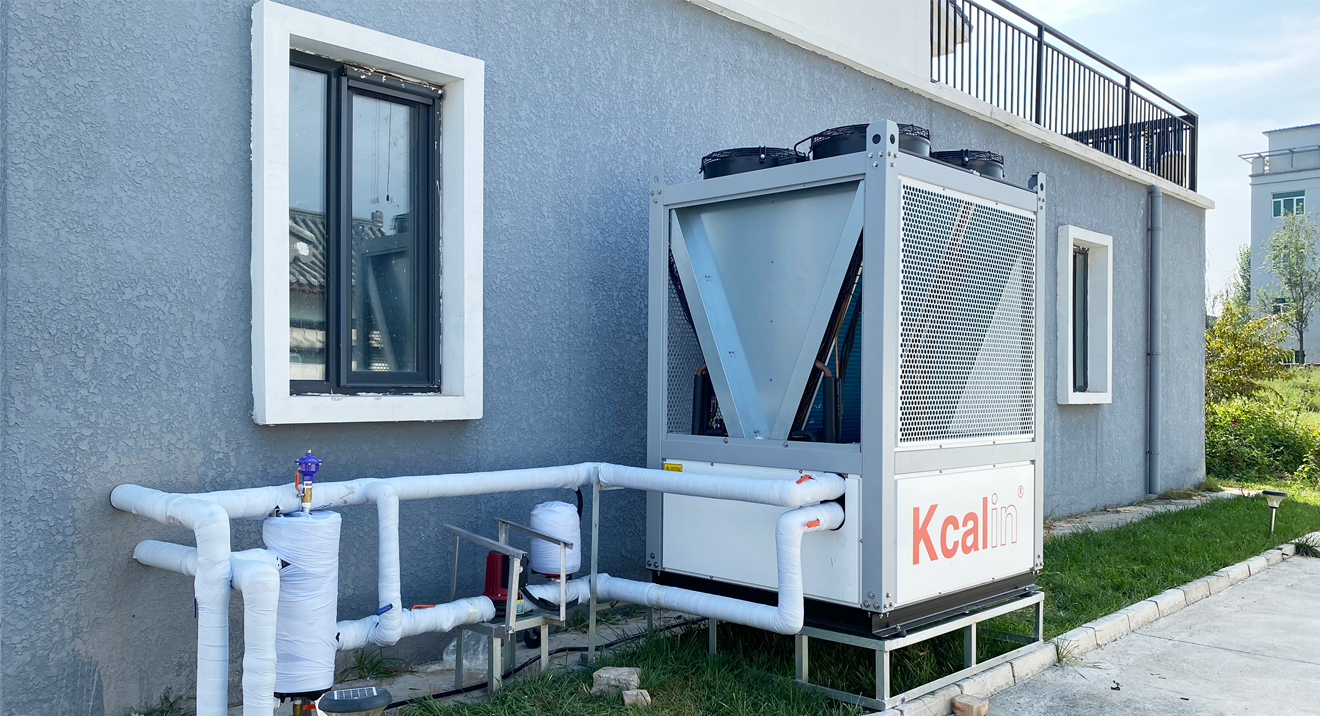With the increasing awareness of global climate change and environmental protection, the heating industry is undergoing a revolutionary change. Air heating, as a green, efficient, and intelligent heating method, is rapidly emerging and occupying an important position in the future heating market.
Before delving into future development trends, let's first understand the basic principles of air heating.
Air heating utilizes the heat energy in the air and converts low-temperature heat energy into high-temperature heat energy through heat pump technology, which is used for heating. Its working principle is similar to an air source heat pump, but it is specifically used for heating. It can absorb heat energy from the outdoor air during cold winter and transmit it indoors through a circulation system, providing warm air.
Air heating has a series of significant advantages that will be more widely applied in future development:
Environmental performance: Air can provide heating without burning fossil fuels, resulting in almost no greenhouse gas emissions. This makes it an ideal choice for addressing climate change and reducing carbon footprint.
Efficient and energy-saving: Air powered heating performs well in terms of energy utilization efficiency. It can operate at relatively low temperatures and provide efficient heating even in extremely cold weather conditions. This will help users reduce energy costs.
Versatility: Air heating can not only provide heating, but also be used for cooling, providing a comfortable indoor environment throughout the year. In addition, some models can also provide hot water, providing comprehensive HVAC services for households and businesses.
Air energy heating will play a key role in the future heating market, and the following are some important aspects of future development trends:

The rise of green heating: With increasing attention to environmental issues, green heating will become the main trend in the future. Air can provide heating with almost no greenhouse gas emissions, making it the preferred choice for reducing carbon footprint.
Intelligent control and automation: Future heating systems will be more intelligent and automated. By using advanced intelligent control systems, users can monitor and adjust the heating system in real-time to maximize energy efficiency and reduce energy waste.
New materials and technological innovation: With the continuous progress of science and technology, new materials and technological innovation will promote the performance improvement of air energy heating systems. More efficient compressors, heat exchangers, and refrigerants will become the future development direction.
Support for energy policies: Governments around the world have recognized the importance of heating for energy consumption and environmental impact, and will therefore take measures to support the development of green heating technologies. Government subsidies and incentive measures will promote the widespread application of air energy heating.
Market competition and price decline: With the intensification of market competition, the price of air energy heating systems will gradually decrease, making more households and enterprises able to afford this advanced heating technology.
Air heating is not only widely used in household heating, but also plays an important role in multiple fields:
Residential: In the residential sector, air heating has become a popular heating method. It not only provides a comfortable indoor environment, but also helps families reduce energy costs.
Commercial buildings: Commercial buildings typically require larger scale heating systems, and air powered heating is also widely used in these fields. Efficient heating systems can reduce the operating costs of enterprises.
Industry: In the industrial field, air heating can be used to heat industrial processes and maintain temperature stability in the production environment. It can also reduce industrial emissions.
Air heating, as the main trend in future heating, will play a key role in green, efficient, and intelligent heating. Its environmental performance, energy efficiency, and versatility make it the preferred choice for homes, commercial buildings, and industrial sectors. The future development will be driven by government support, technological innovation, and market competition, and is expected to provide us with more environmentally friendly, economical, and comfortable heating solutions. In the future, let's hope that air heating can bring more benefits to our lives and the Earth's environment.







Comment